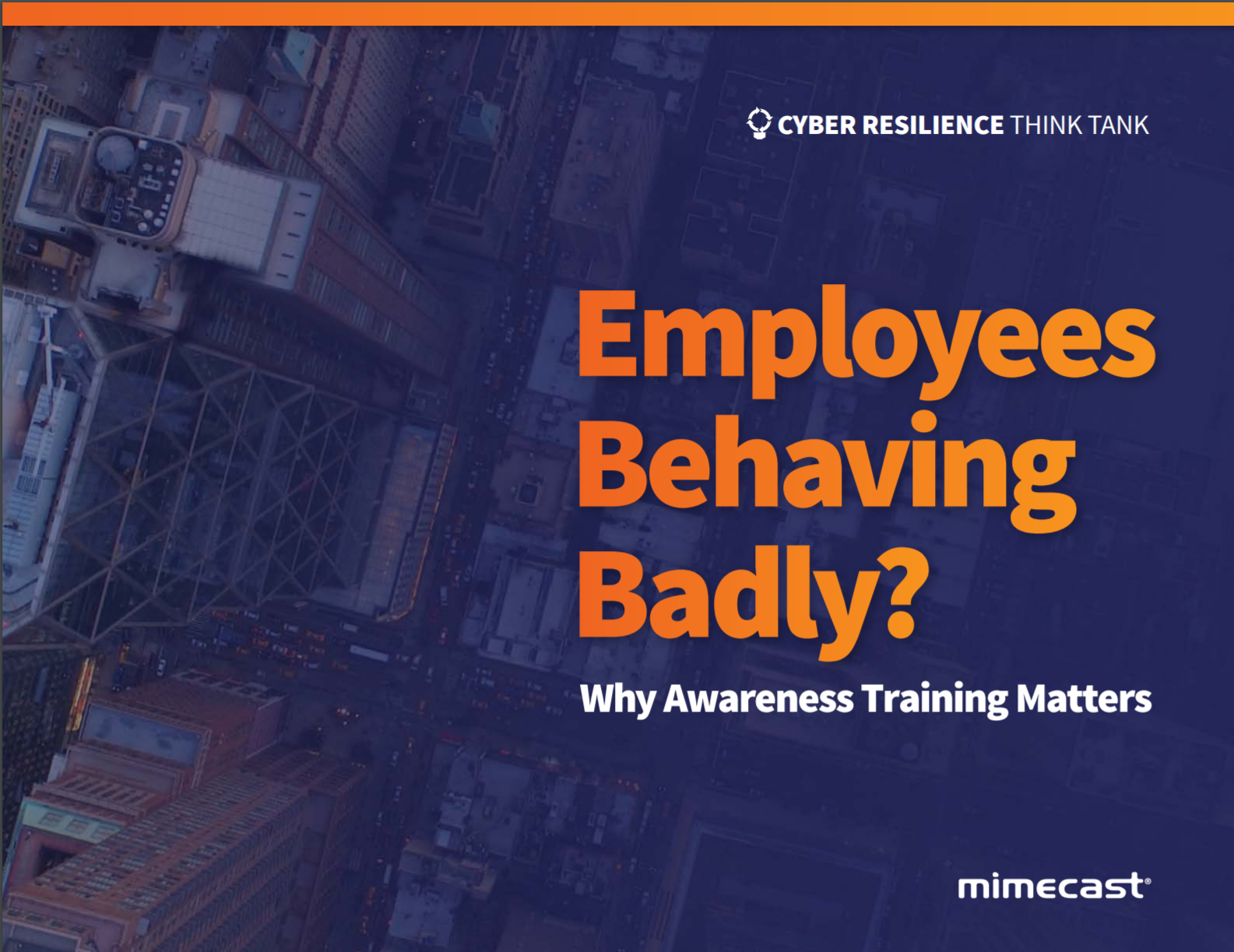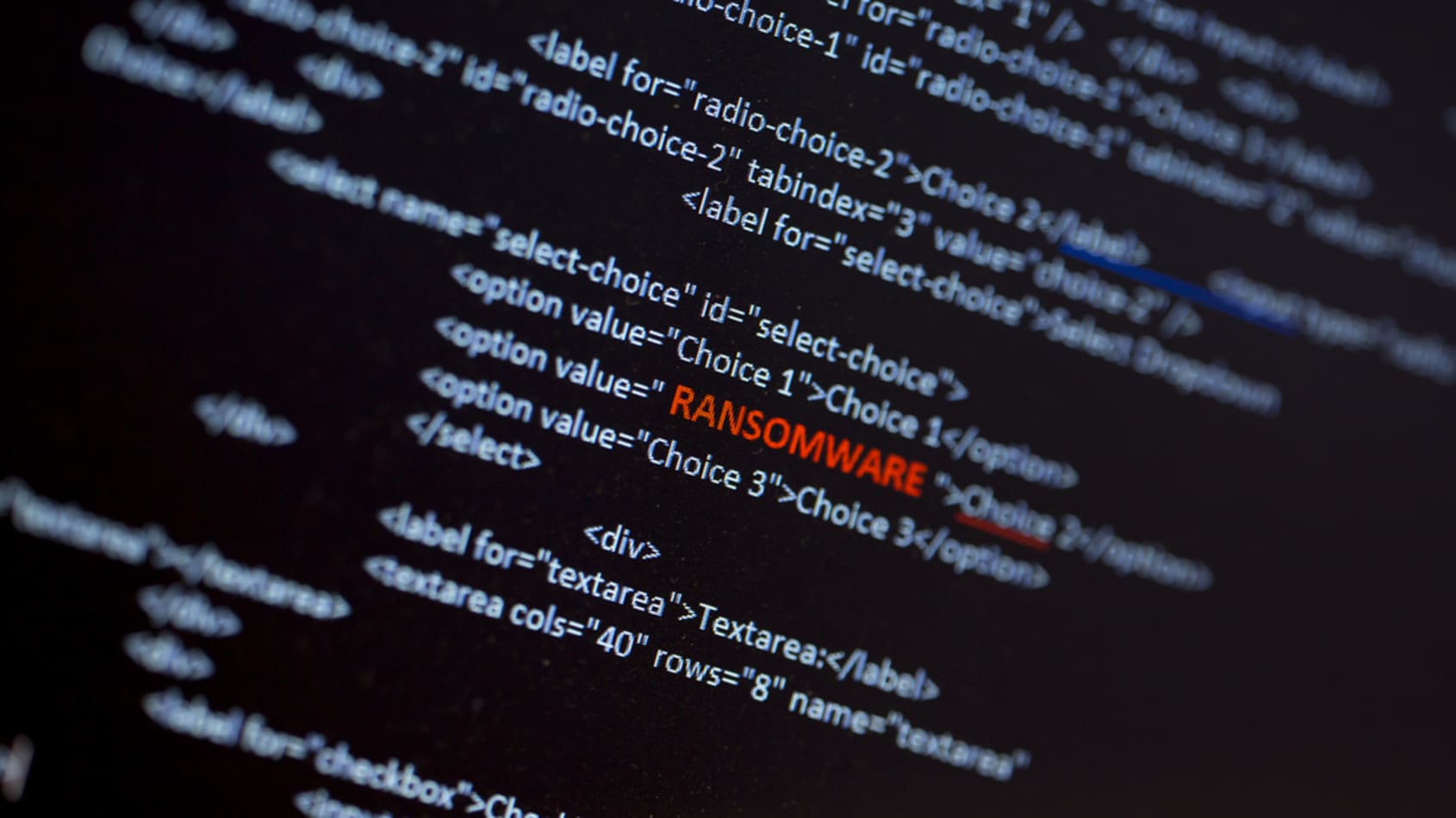Lax cyber security measures could cost UK infrastructure firms £17m
Government proposes tough fines to protect essential UK services from hackers


UK companies running essential services and critical infrastructure may face eye-watering fines if their systems' cyber security is found lacking.
Failure to implement effective cyber security measures could see organisations fined up to 17 million, or 4% of their global turnover, under a consultation launched by the Department for Digital, Culture, Media and Sport (DCMS), which is the same penalty facing firms who fail to protect people's personal data under the government's new Data Protection Bill.
The proposals come after the havoc wrought by May's WannaCry ransomware attack on critical targets like the NHS, which saw a swathe of its hospitals effectively grind to a halt as the ransomware shut out access to core IT systems.
DCMS has been deciding how to best implement the Network and Information Systems (NIS) directive due to come into effect in May 2018, in order to make Britain's essential infrastructure resilient against future cyber attacks.
"We want the UK to be the safest place in the world to live and be online, with our essential services and infrastructure prepared for the increasing risk of cyber attack and more resilient against other threats such as power failures and environmental hazards," explained Matt Hancock, minister for digital.
"The NIS Directive is an important part of this work and I encourage all public and private organisations in those sectors to take part in this consultation so together we can achieve this aim."
However, the fines will be used as a last resort and will not be applied to service operators who have put in appropriate cyber security defences but have still suffered a hack attack.
Get the ITPro daily newsletter
Sign up today and you will receive a free copy of our Future Focus 2025 report - the leading guidance on AI, cybersecurity and other IT challenges as per 700+ senior executives
Under the proposals out for consultation, critical infrastructure organisations will need to develop a cyber security strategy and adopt policies that both understand and manage the potential cyber attack risks they could face.
This will require them to do more than just protect their IT systems, taking responsibility for ensuring staff are aware of the attacks they might face and how to monitor for signs of a breach and be ready to report them as they develop.
Cyber security experts have welcomed the government's proposal, believing it will prompt organisations to move away from systems that lack robust cyber security in the face of relentless hackers.
"This government proposal once again highlights the need for better security across the nation's most essential services," said Dan Sloshberg, cyber resilience expert at Mimecast.
"Studies consistently show that email is the number one attack method used to spread malware that holds critical services, such as energy and transport, to ransom. Despite this, many of these organisations still rely on outdated email security controls that were never designed to stop advanced attacks. It is vital organisations who manage critical services invest in a cyber resilience strategy that involves strong methods of protection, combined with a reliable archive and recovery strategy for data and operational systems, to get back on their feet if something does get through."
The proposed fines and the NIS all forms part of the UK government's 1.9 billion National Cyber Security Strategy, aimed at bolstering the UK's cyber defences and its cyber security industry in the face of significant cyber attacks that can cause economic and reputational damage, like WannaCry and the NotPetya malware spread.
Picture: Bigstock
Roland is a passionate newshound whose journalism training initially involved a broadcast specialism, but he’s since found his home in breaking news stories online and in print.
He held a freelance news editor position at ITPro for a number of years after his lengthy stint writing news, analysis, features, and columns for The Inquirer, V3, and Computing. He was also the news editor at Silicon UK before joining Tom’s Guide in April 2020 where he started as the UK Editor and now assumes the role of Managing Editor of News.
Roland’s career has seen him develop expertise in both consumer and business technology, and during his freelance days, he dabbled in the world of automotive and gaming journalism, too.
-
 Should AI PCs be part of your next hardware refresh?
Should AI PCs be part of your next hardware refresh?AI PCs are fast becoming a business staple and a surefire way to future-proof your business
By Bobby Hellard
-
 Westcon-Comstor and Vectra AI launch brace of new channel initiatives
Westcon-Comstor and Vectra AI launch brace of new channel initiativesNews Westcon-Comstor and Vectra AI have announced the launch of two new channel growth initiatives focused on the managed security service provider (MSSP) space and AWS Marketplace.
By Daniel Todd
-
 JD Sports details cyber security revamp following January attack
JD Sports details cyber security revamp following January attackNews It hopes a multi-vendor approach will substantially improve its cyber resilience
By Connor Jones
-
 96% of CISOs without necessary support to maintain cyber security
96% of CISOs without necessary support to maintain cyber securityNews Security professionals are leaving due to stress, and called out lack of understanding from co-workers
By Rory Bathgate
-
 Employees behaving badly?
Employees behaving badly?Whitepaper Why awareness training matters
By ITPro
-
 Freshworks CISO Jason Loomis embraces the ‘shift left’ amid surging supply chain threats
Freshworks CISO Jason Loomis embraces the ‘shift left’ amid surging supply chain threatsCase Studies Fewer than 100 days in the role, Jason Loomis reveals his plans for the future of security at Freshworks, and discusses the rising threat of API vulnerablities
By Ross Kelly
-
 CISOs reveal secrets to pandemic success in critical organisations
CISOs reveal secrets to pandemic success in critical organisationsNews The pandemic presented unique challenges for every business, but organisations tasked with delivering critical services may have worked the hardest
By Connor Jones
-
 Almost 70% of CISOs expect a ransomware attack
Almost 70% of CISOs expect a ransomware attackNews Many companies are willing to make ransomware payments in the face of the growing threat
By Danny Bradbury
-
 CISOs aren’t leading by example when it comes to cyber security
CISOs aren’t leading by example when it comes to cyber securityNews Cyber security leaders engage in risky online behavior, according to a survey
By Rene Millman
-
 Panel Profile: Moonpig head of cyber security Tash Norris
Panel Profile: Moonpig head of cyber security Tash NorrisIT Pro Panel We get face-to-face with one of the IT Pro Panellists
By IT Pro